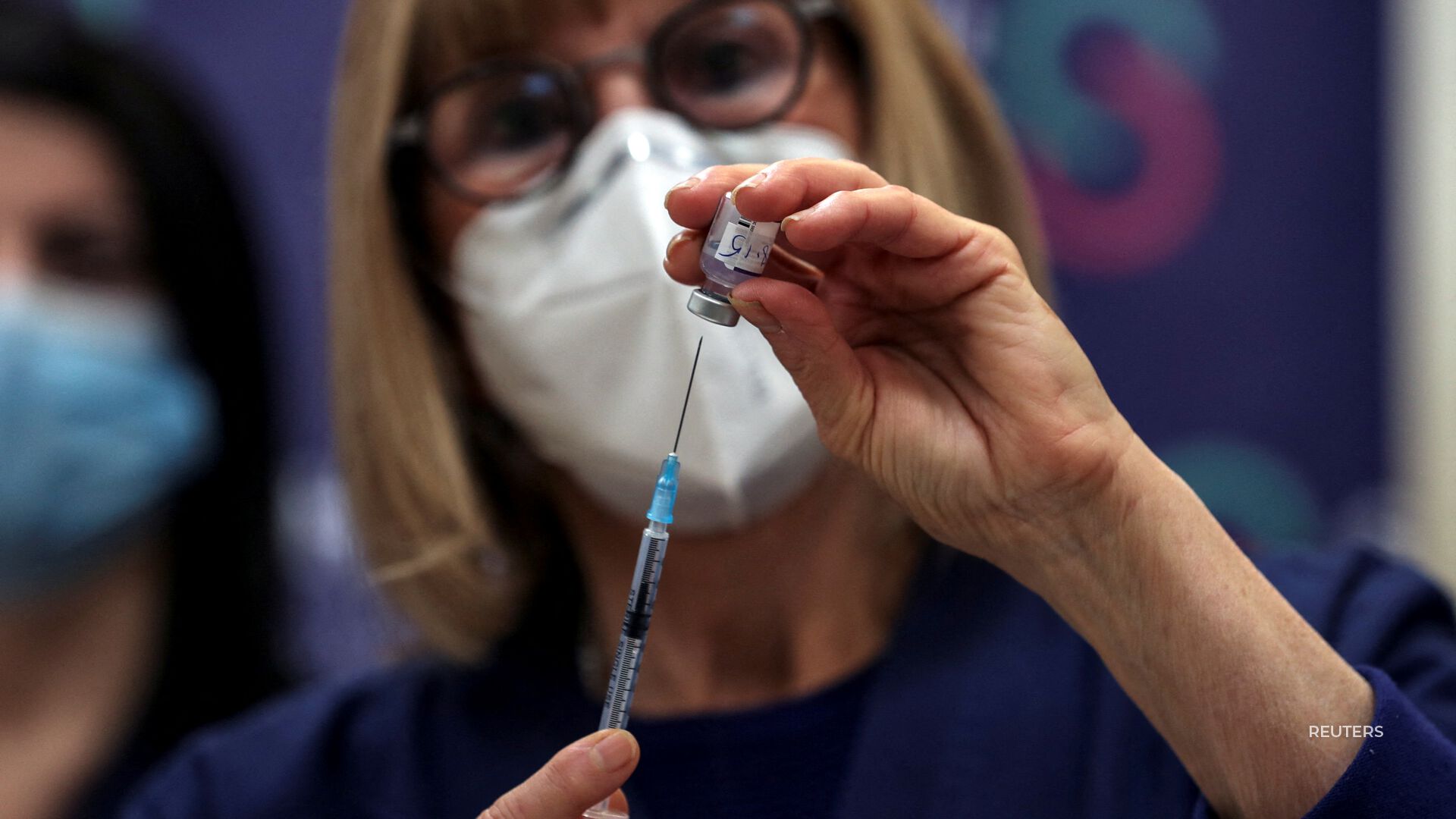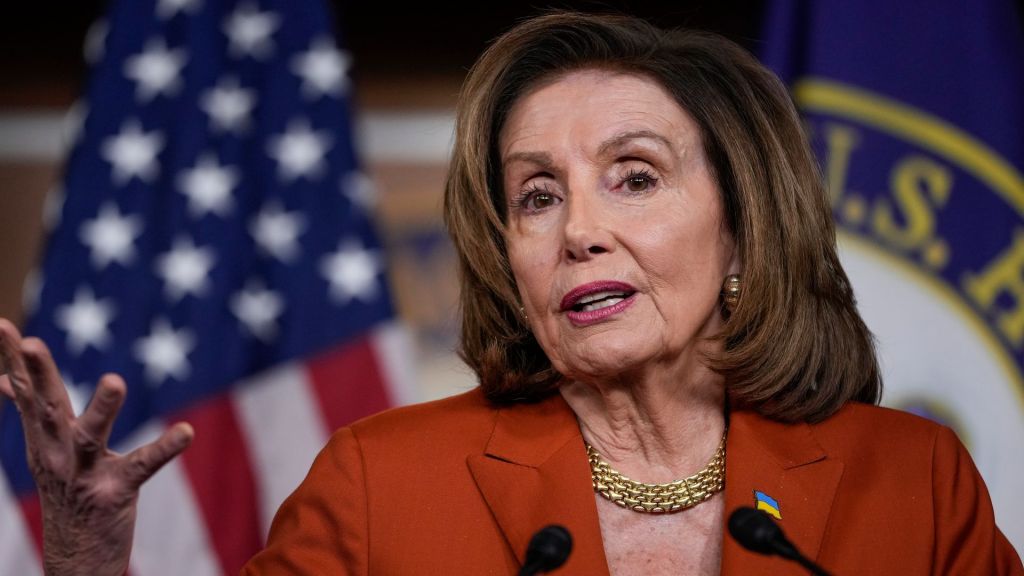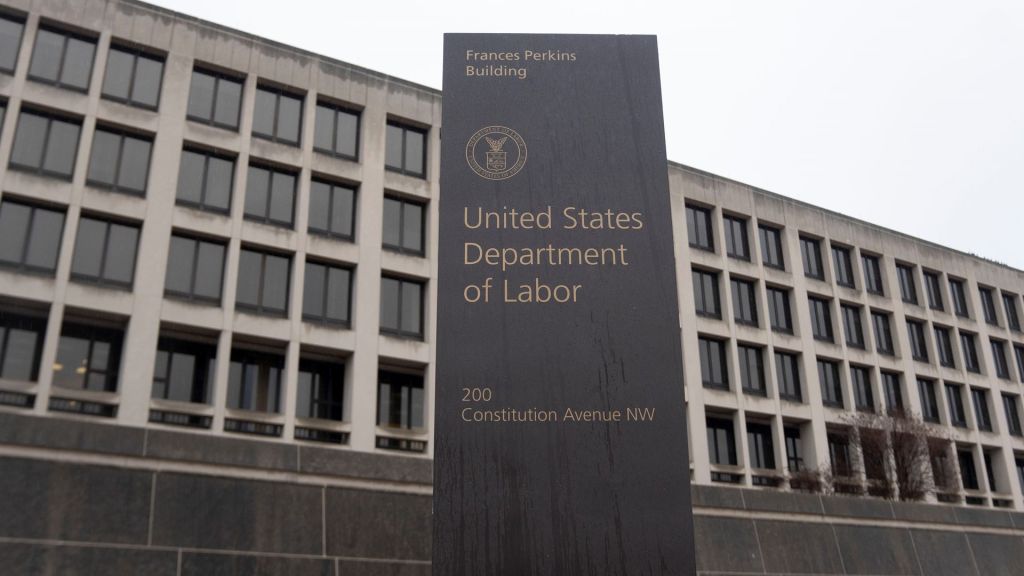
Dr. Idan Militcher, doctor at Ichilov hospital: “I came here first of all, because I had the opportunity to get the fourth vaccination and I came here because I want to protect my patients, I want to protect my family, my wife, my kids. And I think that each one of us who will get a vaccination, COVID-19 will go away in 2022 as soon as possible.”
“The Israeli government, I salute, because we do our best. We don’t know what tomorrow will bring, but we try to, you know, eliminate (the chance that there will be) more and more people that will get sick. So if we are vaccinated, less and less people will be hospitalised. So, the government is doing the best they can.”
Prof. Nadav Davidovitch, member of the Israeli National Advisory Committee on COVID and Head of Ben-Gurion University of the Negev’s School of Public Health: “Israel throughout COVID excelled in several things, probably the vaccination campaign, also testing, other things probably we did much worse, such as the number of cases per capita, also closing schools throughout the year. And currently, actually Israel succeeded to delay the entrance of omicron comparing to other countries. And this gave us some time for preparations and some of the time we took for raising the vaccination rates. We could do better, for sure.”
“Last year, we were afraid that we’re going to suffer from flurona it’s called, it’s a combination of influenza and corona. All over the globe last year, there were no cases of influenza. This is not the case right now, and unfortunately, we entered the winter with the already very overwhelmed internal wards in hospitals. We have cases of influenza, even severe cases and deaths. And on top of that, now we’re going to have omicron and the combination is probably going to be quite overwhelming. This is why we need to prepare the health care system in both hospitals, but even more important, the community.”
“Israel was one of the first countries to recognize this fact, and this is why we closed the skies for non-Israelis in order to buy time. The current wave of pandemic is something that cannot be prevented. We are operating in a way that we are mainly interested to see that the hospitals and health care system are not collapsing, and this is probably the main indicator. On the other hand, since we have the vaccines and also drugs, we are much better equipped than exactly a year ago. “






